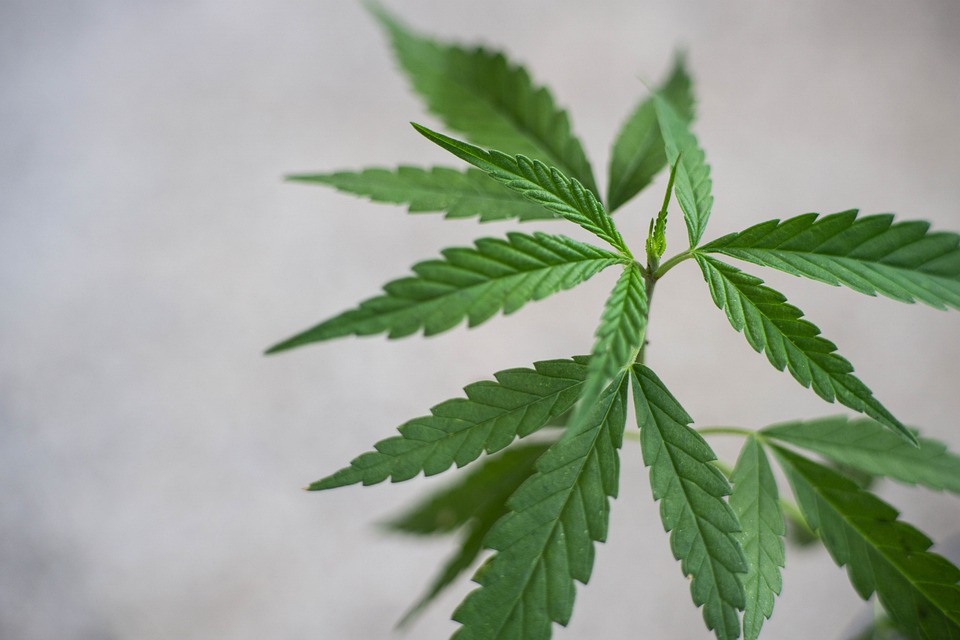In recent years, there has been a growing interest in the potential healing properties of hemp extraction in medicine. Hemp, a variety of the cannabis plant, has long been used for its various health benefits, including its anti-inflammatory, antioxidant, and analgesic properties. With the legalization of hemp production in many countries, researchers and medical professionals are exploring new ways to utilize hemp extraction in the treatment of various medical conditions.
Hemp extraction, also known as CBD extraction, is the process of extracting cannabidiol (CBD) from the hemp plant. CBD is one of the many cannabinoids found in hemp and is well-known for its potential therapeutic effects. Unlike tetrahydrocannabinol (THC), another cannabinoid found in cannabis, CBD is non-psychoactive and does not produce a “high” feeling. This makes it an attractive option for medical use, as it does not have the same mind-altering effects as THC.
CBD extraction can be done using various methods, including solvent extraction, CO2 extraction, and ethanol extraction. Each method has its own advantages and disadvantages, but all aim to extract the CBD from the hemp plant in a pure and concentrated form. Once extracted, CBD can be used in a variety of products, including oils, tinctures, capsules, and topical creams.
One of the most well-known uses of CBD extraction is in the treatment of chronic pain. Many studies have shown that CBD can help reduce pain and inflammation in patients with conditions such as arthritis, fibromyalgia, and neuropathic pain. CBD works by interacting with the body’s endocannabinoid system, which plays a key role in regulating pain, mood, and appetite. By targeting this system, CBD can help reduce pain signals and provide relief to patients suffering from chronic pain.
In addition to pain management, CBD extraction is also being studied for its potential use in treating anxiety, depression, and other mental health disorders. CBD has shown promise in reducing anxiety and improving mood in both animal and human studies. Its calming and anti-depressant effects make it a promising alternative to traditional antidepressant medications, which can often have unwanted side effects.
Furthermore, CBD extraction is being explored for its potential anti-inflammatory and neuroprotective effects. Inflammation is a key component of many chronic diseases, including autoimmune disorders, heart disease, and diabetes. By reducing inflammation in the body, CBD has the potential to prevent or slow the progression of these diseases. CBD also has neuroprotective properties, meaning it can help protect the brain from damage caused by conditions such as Alzheimer’s disease, Parkinson’s disease, and traumatic brain injury.
As research into the potential medical benefits of CBD extraction continues, the future of healing looks promising. With the growing acceptance of hemp extraction as a legitimate medicine, more patients are turning to CBD products for relief from their symptoms. However, there are still many questions surrounding the use of CBD in medicine. Here are some common FAQs about the role of hemp extraction in medicine:
FAQs:
1. Is CBD extraction legal?
In many countries, CBD extraction from hemp is legal as long as it contains less than 0.3% THC. However, it is important to check the laws in your specific location before purchasing or using CBD products.
2. Can CBD extraction get you high?
No, CBD extraction does not produce a “high” feeling like THC does. CBD is non-psychoactive and does not alter your mental state.
3. Are there any side effects of using CBD extraction?
While CBD is generally well-tolerated, some people may experience side effects such as dry mouth, dizziness, and changes in appetite. It is always recommended to consult with a healthcare professional before starting any new medication or supplement.
4. How should I take CBD extraction?
CBD extraction can be taken in various forms, including oils, tinctures, capsules, and topical creams. The best method of consumption will depend on your specific needs and preferences.
5. Can CBD extraction interact with other medications?
Yes, CBD can interact with certain medications, including blood thinners and seizure medications. It is important to discuss any potential interactions with your healthcare provider before using CBD products.
In conclusion, the future of healing looks bright with the potential of hemp extraction in medicine. As more research is conducted and medical professionals gain a better understanding of the therapeutic properties of CBD, we can expect to see more innovative treatments utilizing hemp extraction in the treatment of various medical conditions. With its anti-inflammatory, antioxidant, and neuroprotective effects, CBD extraction has the potential to revolutionize medicine and provide relief to millions of patients worldwide.

